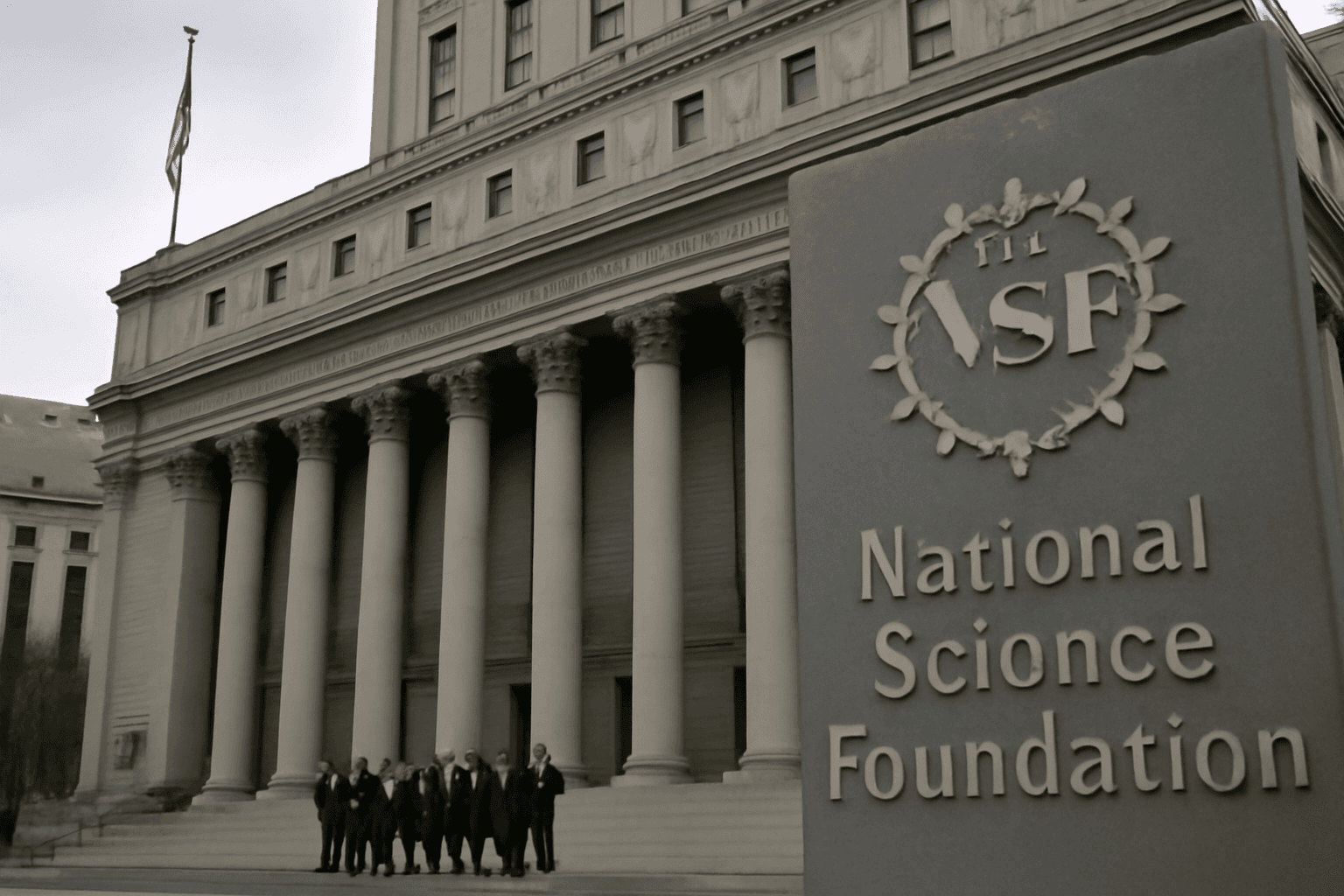The Trump administration has withdrawn $766 million in funding allocated to Moderna Inc., a leading American biotech firm developing vaccines for potential pandemic influenza viruses, including the H5N1 bird flu.
The Department of Health and Human Services (HHS) informed Moderna on Monday of its decision to retract funds previously awarded through the Biomedical Advanced Research and Development Authority (BARDA) program. These funds, granted in January and July 2025, were intended to support the development and procurement of Moderna’s investigational vaccines targeting bird flu and other pandemic threats.
Specifically, Moderna received $590 million in January and an additional $176 million in July to assess vaccine efficacy against pandemic influenza viruses.
Despite the funding withdrawal, Moderna emphasized the positive interim results from their latest vaccine candidate, mRNA-1018, which leverages the same mRNA technology used during the COVID-19 pandemic rollout. The company highlighted the robust immune response and favorable safety profile observed, expressing optimism about the vaccine’s potential.
However, Health Secretary Robert F. Kennedy voiced concerns regarding the company's vaccines, notwithstanding extensive evidence demonstrating their safety and effectiveness in preventing COVID-19 and saving millions of lives.
In parallel, public health officials are monitoring a newly identified highly contagious COVID-19 variant, NB.1.81, which has appeared in multiple US states including New York, Ohio, California, Rhode Island, Hawaii, Washington, and Virginia. First detected in late March and early April among international travelers, this variant contributes to ongoing pandemic challenges.
Last year, the H5N1 bird flu virus transmitted from wild birds to cattle, infecting hundreds of animals across several states. Human infections numbered around 70, including one fatality. Experts warn that ongoing mutations in the virus increase the risk of it becoming more virulent, with the potential to trigger a severe pandemic.













